
Introduction:
Nanocomposite coatings, a ground-breaking development in materials science, have emerged as a transformative force across various industries. These coatings, with their unique properties and applications, hold immense promise for enhancing performance, reducing maintenance costs, and addressing critical global challenges. In this comprehensive review, we delve into the key significance of nanocoatings in a range of industries, their substantial impacts, and their reliability [1–4]. Furthermore, we explore how Professor Zulfiqar Khan is collaborating with generative AI and predict the potential benefits of this partnership for industry and contributions to new knowledge. This narrative aims to influence UK science and technology policy, attract funding, and foster new partnerships to drive innovation and competitiveness.

- The Multifaceted Significance of Nanocoatings:
Nanocoatings in Cavitation and Beyond:
Nanocomposite coatings have brought transformative advantages to industries grappling with issues such as cavitation, corrosion, tribology, and fluid dynamics. They provide enhanced protection and resilience in the face of harsh operational conditions, including extreme temperatures, high pressures, corrosive environments, and minimal lubrication. The significance of nanocoatings lies in their ability to extend the lifespan and reliability of vital components and systems across multiple sectors.
Nanocoatings Addressing Global Challenges:
Industries today are confronted with pressing global challenges, such as energy efficiency, sustainability, and system durability. Nanocoatings offer innovative solutions to these challenges by optimising surfaces and interfaces through surface modifications and coatings. They play a pivotal role in enhancing energy efficiency, ensuring the reliability of systems, and promoting sustainability. These benefits are invaluable in the context of UK science and technology policy, which emphasises the transition to greener technologies and sustainable practices.
- The Impact of Nanocoatings:
Academic and Industrial Benefits:
The development and application of nanocoatings have not only enriched academic research but have also provided tangible industrial advantages. Researchers worldwide are actively engaged in studying several types of nanocomposites to create durable and energy-efficient coatings. This collaboration between academia and industry fosters innovation, encourages knowledge exchange, and accelerates the adoption of innovative technologies. It aligns with the UK’s vision of becoming a leader in innovation and technology development.
Experimental Advancements:
Professor Khan’s work exemplifies the impact of nanocoatings on the industry. His experiments with alumina, silicon carbide, zirconia, and graphene nanocomposite coatings have displayed their robustness under different conditions, including exposure to seawater. Such empirical evidence guides industry practitioners in selecting the right coatings for their specific applications, reducing maintenance costs, and ensuring system reliability.
III. Reliability of Nanocoatings:
Advanced Modelling and Predictive Tools:
One key aspect of nanocoatings’ reliability lies in the advanced modelling and predictive tools developed by researchers like Professor Khan. His cathodic blistering model (Khan-Nazir I) [5] and coating failure model (Khan-Nazir II) [6] offer a deeper understanding of coating behaviour under stress, wear, and corrosion. These models enable precise predictions of coating performance, which is crucial for industries seeking dependable solutions.
Lubrication Modelling:
Furthermore, lubrication modelling, which incorporates wear-corrosion and mechano-wear equations, investigates the influence of microstructural properties like porosity and surface stresses on the coefficient of friction (CoF). This is vital in ensuring the reliability of systems operating under various conditions, as reduced friction leads to increased durability.
- Collaboration with Generative AI:
Harnessing AI for Materials Discovery:
Professor Zulfiqar Khan’s collaboration with generative AI represents an exciting frontier in materials science. Generative AI can accelerate materials discovery by simulating and predicting the behaviour of nanocomposite coatings with unmatched speed and accuracy. By leveraging AI, researchers can design coatings tailored to specific industry needs, further enhancing their reliability and performance.
- Predicted Benefits and Contributions:
Industry Advancements:
The partnership between Professor Khan and generative AI holds the promise of revolutionising industries. Predictive modelling and AI-driven materials discovery will enable the creation of coatings that are not only more reliable but also more cost-effective to produce. This will stimulate innovation, reduce downtime, and boost competitiveness across sectors such as aerospace, automotive, energy, and manufacturing.
Contribution to New Knowledge:
The collaboration will undoubtedly contribute to new knowledge in materials science, computational modelling, and AI-driven materials discovery. This research can inform policy decisions and attract funding for initiatives aimed at harnessing AI for materials development. As the UK government seeks to position the nation as a global innovation hub, investments in cutting-edge research of this nature will be pivotal.
- Influencing UK Science & Technology Policy:
Nurturing Technological Leadership:
To influence UK science and technology policy, it is imperative to underscore the role of nanocoatings and AI-driven materials discovery in nurturing technological leadership. Emphasising the potential economic and environmental benefits of these innovations can encourage policymakers to prioritise investments in research and development.
Supporting Sustainable Practices:
Aligning nanocoatings with the UK’s sustainability goals is crucial. Highlighting how these coatings enhance the sustainability and reliability of systems can resonate with policymakers keen on promoting sustainable practices and technologies.
VII. Forging Partnerships:
It is essential to articulate the transformative impact of nanocoatings and AI collaborations on industry and the potential for significant contributions to knowledge. Presenting a clear roadmap for how investments will yield tangible results can attract the attention of funding bodies interested in fostering innovation.
Industry-Academia Synergy:
Lastly, forging partnerships between academia and industry is fundamental. Collaborations that integrate academic research with industry needs can ensure that innovations like nanocoatings find practical applications and drive economic growth.
In conclusion, nanocomposite coatings represent a pivotal advancement with far-reaching significance and impacts across industries. Professor Zulfiqar Khan’s collaboration with generative AI holds immense promise for further enhancing their reliability and performance. This partnership aligns with UK science and technology policy objectives, attracting funding and fostering collaborations that will drive innovation and competitiveness, positioning the UK as a global leader in materials science and technology.
Acknowledgement: This article is written in collaboration with GAI.
References
[1] Nazir, M.H.; Khan, Z.A.; Saeed; Bakolas, V.; Braun,W.; Bajwa, R. Experimental analysis and modelling for reciprocating wear behaviour of nanocomposite coatings. Wear 2018, 416, 89–102. [CrossRef]
[2] Nazir, M.H.; Khan, Z.A.; Saeed, A.; Siddaiah, A.; Menezes, P.L. Synergistic wear-corrosion analysis and modelling of nano composite coatings. Tribol. Int. 2018, 121, 30–44. [CrossRef]
[3] Abdeen, D.H.; El Hachach, M.; Koc, M.; Atieh, M.A. A Review on the Corrosion Behaviour of Nanocoatings on Metallic Substrates. Materials 2019, 12, 210. [CrossRef] [PubMed]
[4] Nazir, M.H.; Khan, Z.A.; Saeed, A.; Bakolas, V.; Braun,W.; Bajwa, R.; Rafique, S. Analyzing and Modelling the Corrosion Behavior of Ni/Al2O3, Ni/SiC, Ni/ZrO2 and Ni/Graphene Nanocomposite Coatings. Materials 2017, 10, 1225. [CrossRef]
[5] Nazir, M.H.; Khan, Z.A.; Saeed, A.; Stokes, K. A model for cathodic blister growth in coating degradation using mesomechanics approach. Mater. Corros. 2016, 67, 495–503. [CrossRef]
[6] Nazir, M.H.; Khan, Z.A. A review of theoretical analysis techniques for cracking and corrosive degradation of film-substrate systems. Eng. Fail. Anal. 2017, 72, 80–113. [CrossRef]


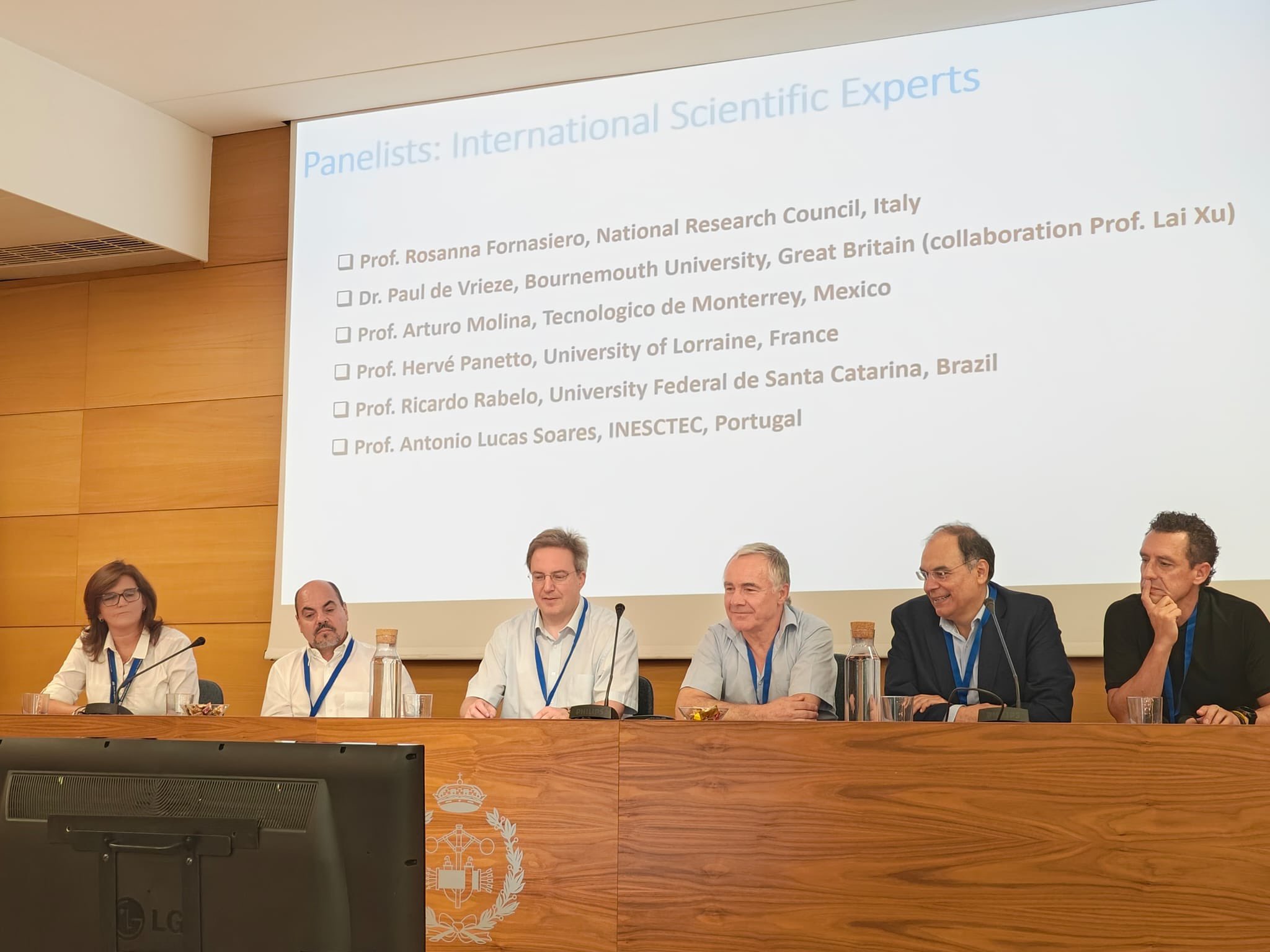






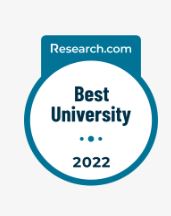
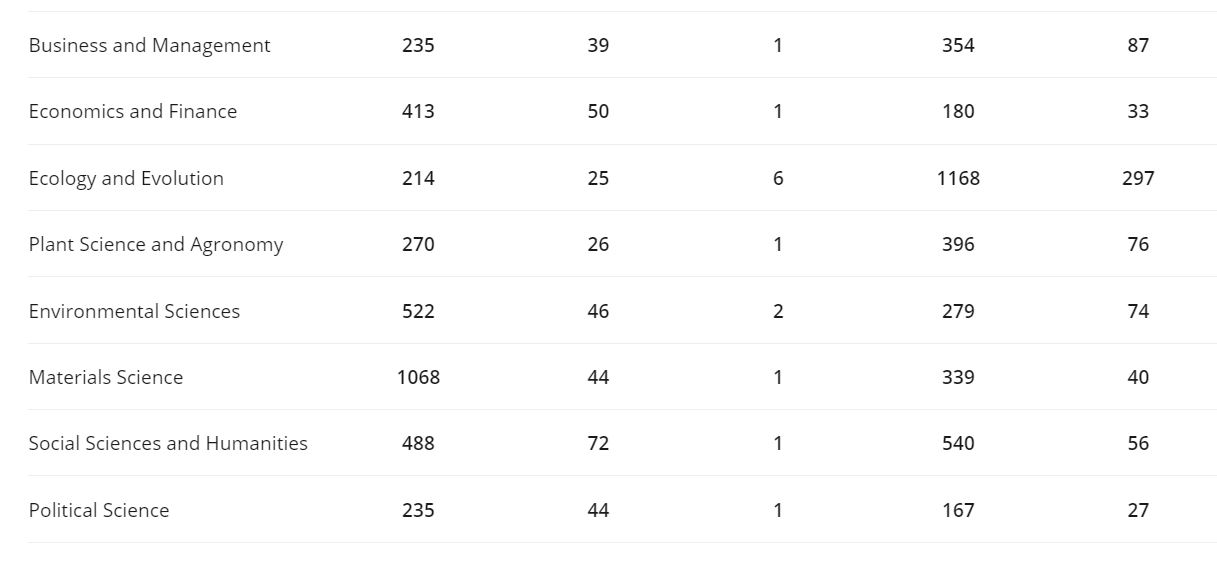
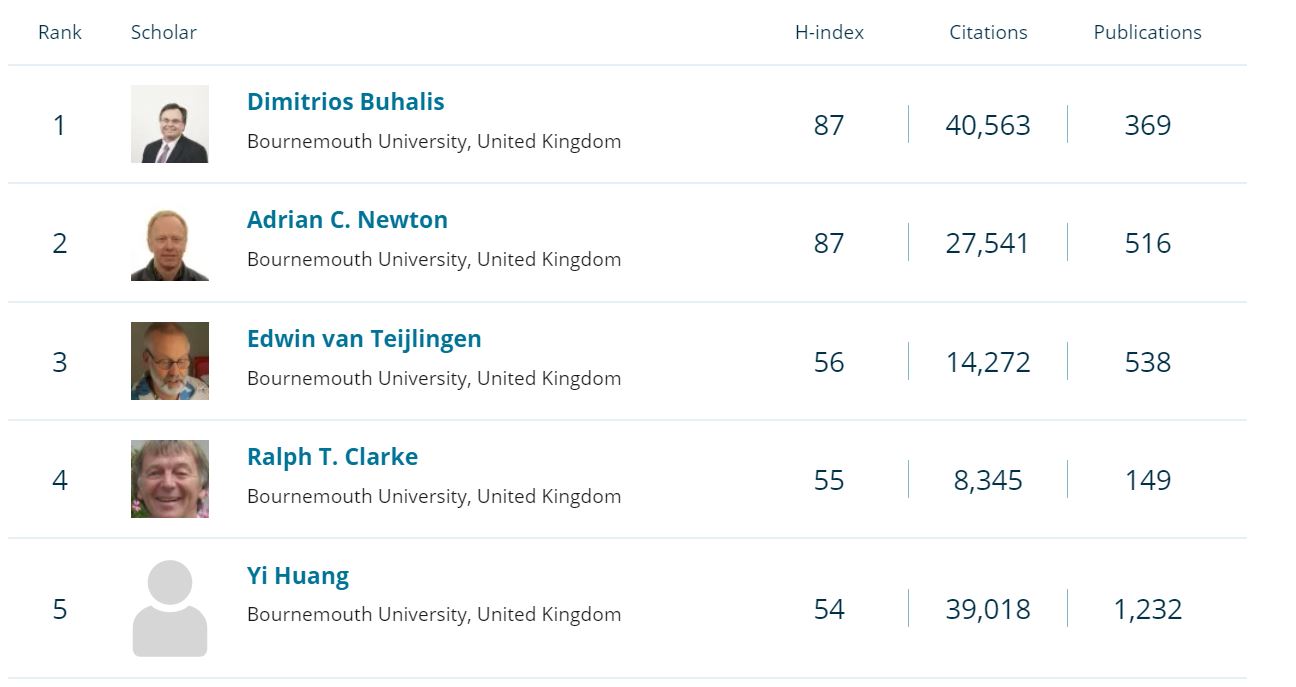
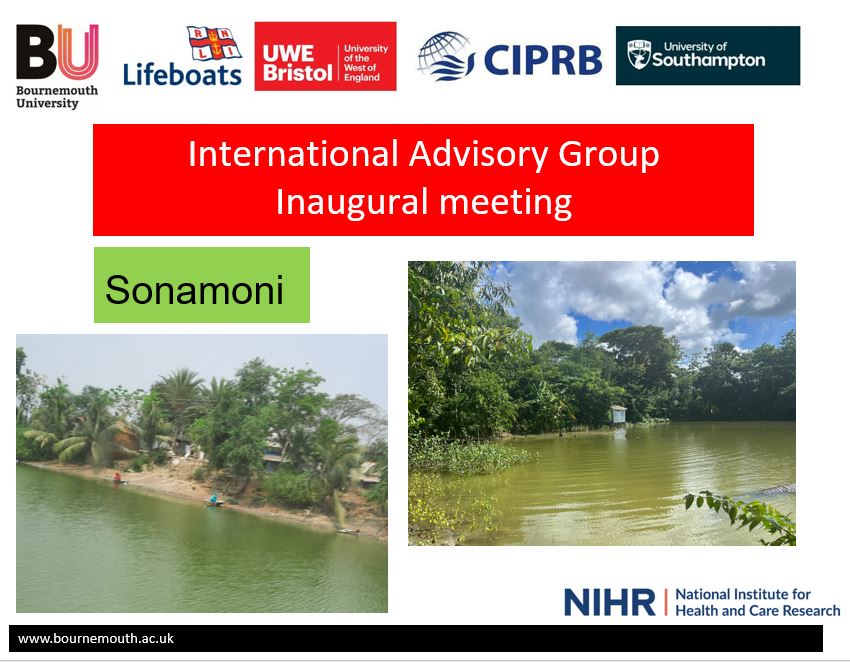


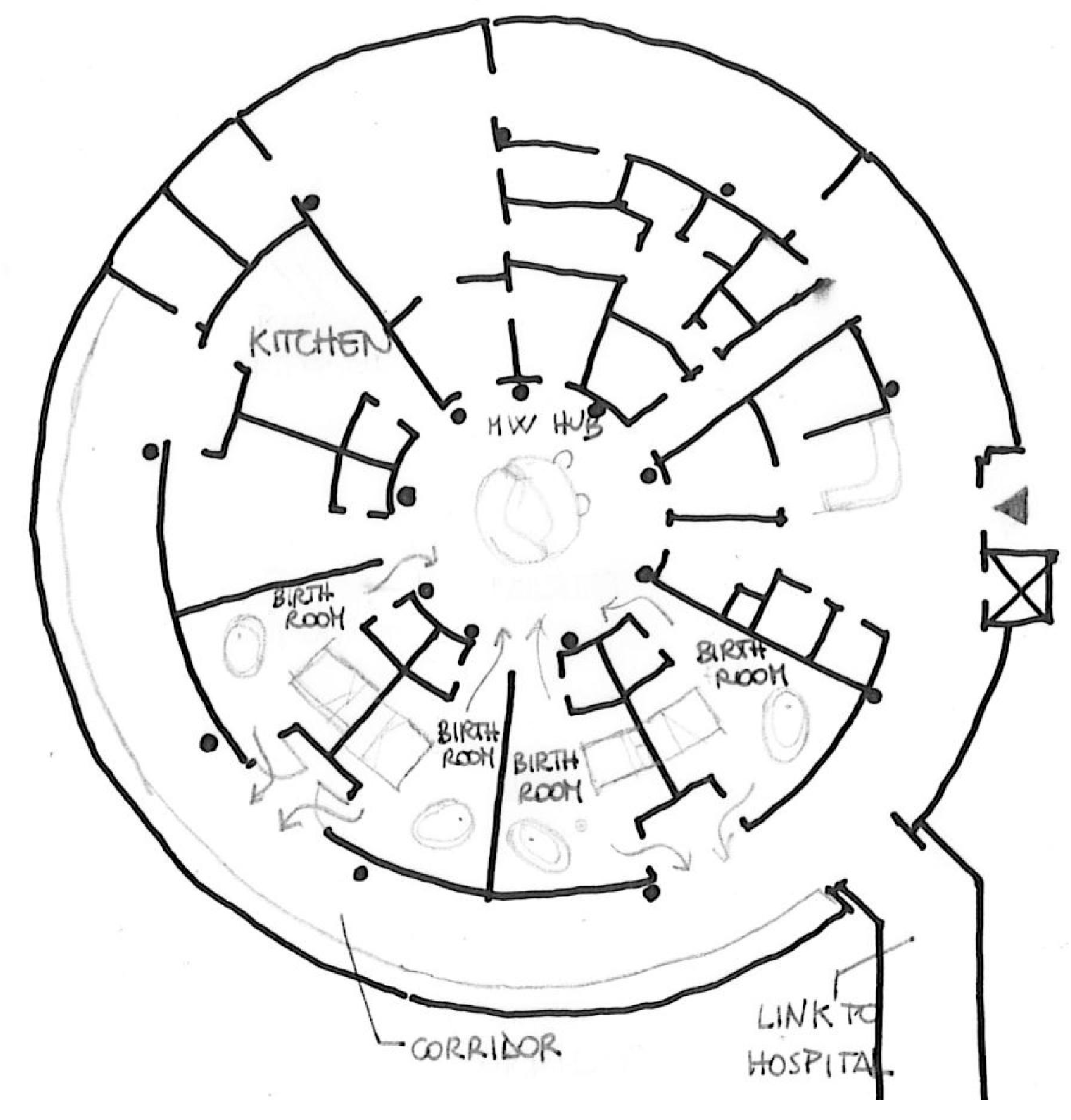
 This session is aimed at all academics to provide an overview of the Research & Enterprise Database, including how to access the system, the information available to view, budget management via RED, and how to use RED to identify your supporting pre and post award officers.
This session is aimed at all academics to provide an overview of the Research & Enterprise Database, including how to access the system, the information available to view, budget management via RED, and how to use RED to identify your supporting pre and post award officers.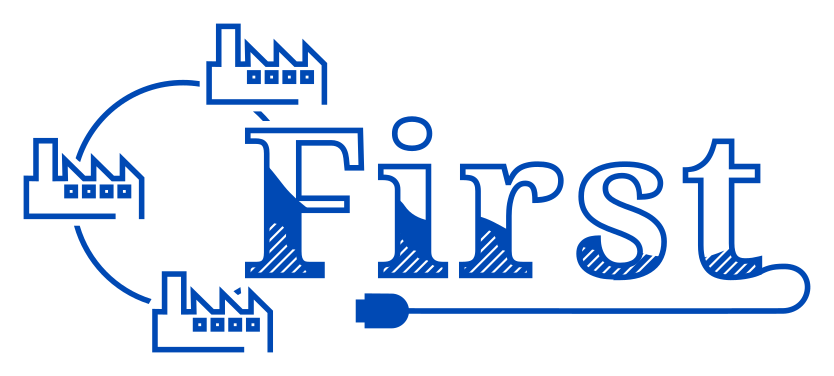

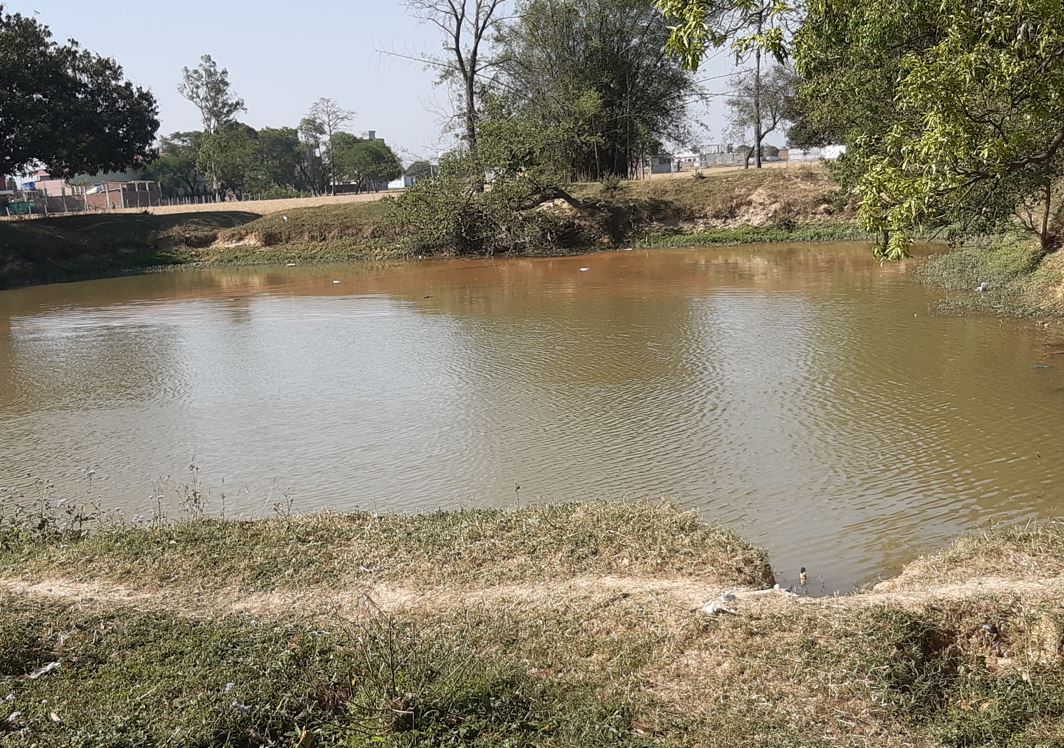

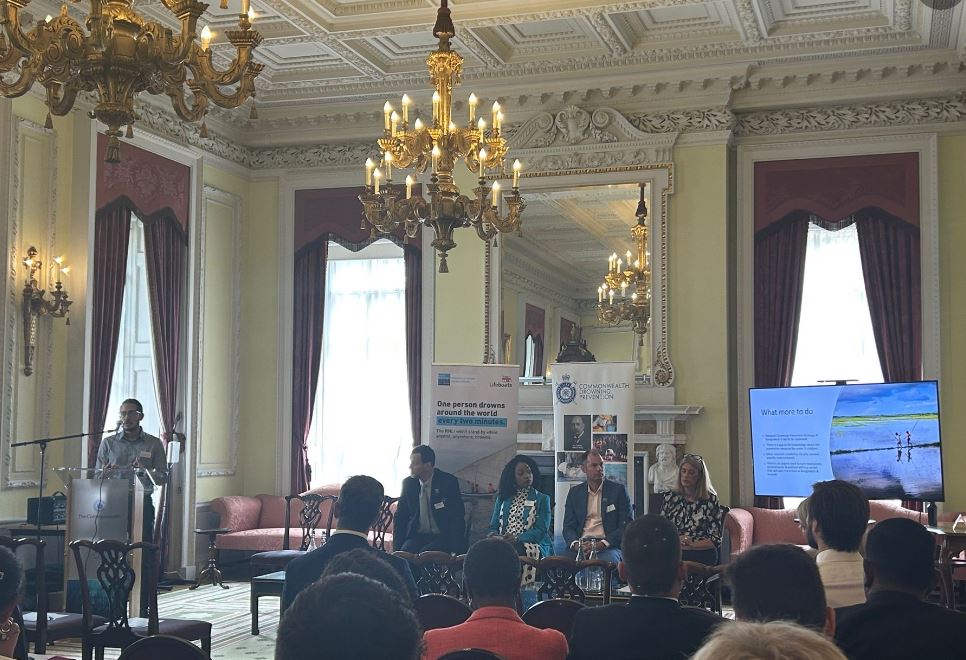






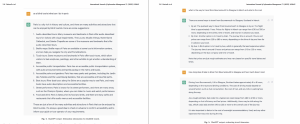











 UK Turing Scheme: My student mobility programme in Nepal
UK Turing Scheme: My student mobility programme in Nepal Bournemouth University psychologists publish new book
Bournemouth University psychologists publish new book Connecting Research with Practice: FoodMAPP Secondment in Austria and France
Connecting Research with Practice: FoodMAPP Secondment in Austria and France Health promotion paper read 8,000 times
Health promotion paper read 8,000 times The Beautiful Work Challenge: On Birth
The Beautiful Work Challenge: On Birth MSCA Postdoctoral Fellowships 2025 Call
MSCA Postdoctoral Fellowships 2025 Call ERC Advanced Grant 2025 Webinar
ERC Advanced Grant 2025 Webinar Horizon Europe Work Programme 2025 Published
Horizon Europe Work Programme 2025 Published Horizon Europe 2025 Work Programme pre-Published
Horizon Europe 2025 Work Programme pre-Published Update on UKRO services
Update on UKRO services European research project exploring use of ‘virtual twins’ to better manage metabolic associated fatty liver disease
European research project exploring use of ‘virtual twins’ to better manage metabolic associated fatty liver disease